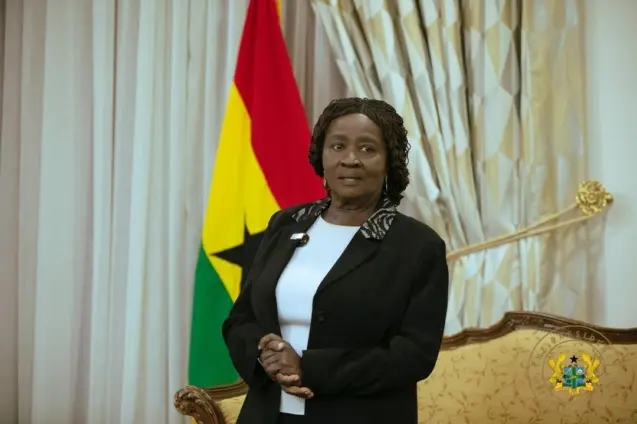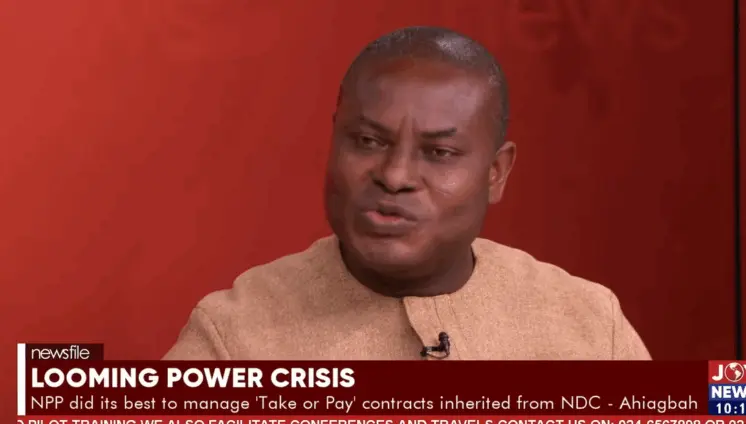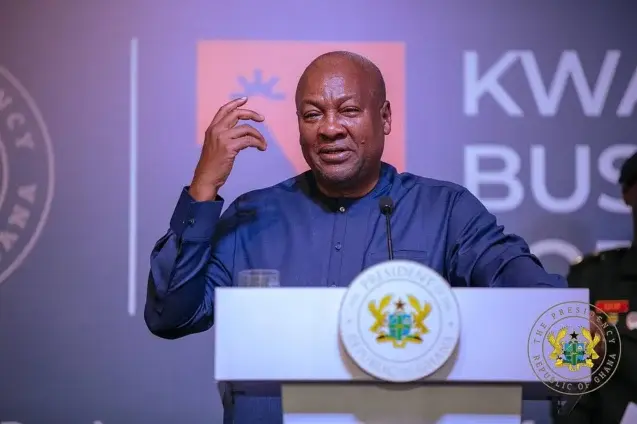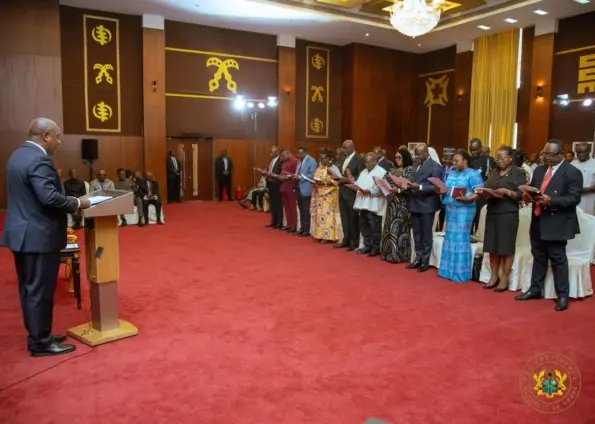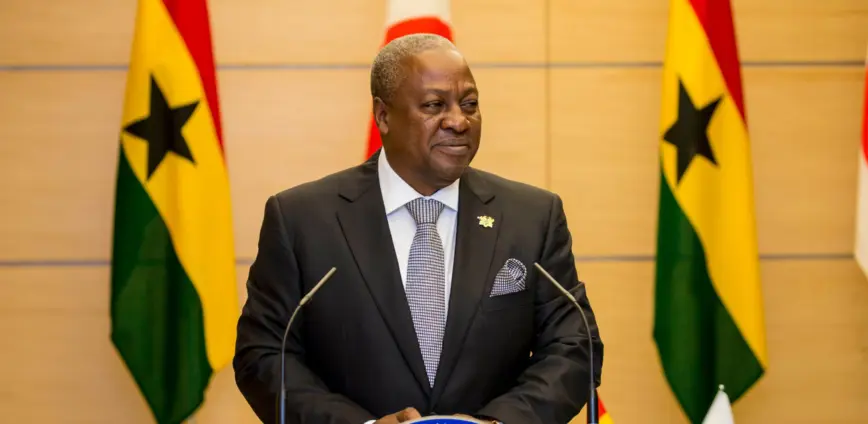The transition of power in Ghana is often accompanied by a wave of changes, but recent reports of worker dismissals have sparked significant concern and drawn international attention. Vincent Ekow Assafuah, the Member of Parliament for Old Tafo, has formally petitioned the International Labour Organisation (ILO) to investigate what he alleges are unfair worker dismissals targeting individuals perceived to be aligned with the New Patriotic Party (NPP). This action brings to the forefront the delicate balance between political transitions and the rights of public sector employees. The core issue revolves around allegations of unfair worker dismissals in Ghana.
This article delves into the specifics of MP Assafuah’s appeal to the ILO, examining the claims made, the legal foundation upon which they rest, and the potential ramifications for Ghana’s labor practices and its commitments under international law. Are these dismissals politically motivated, or are they legitimate actions taken to address irregularities within the civil service?
The Allegations: Unfair Dismissals and Political Targeting
MP Assafuah’s petition to the ILO outlines a series of allegations centered on the purported targeting of public servants based on their perceived political affiliations. He claims that these worker dismissals in Ghana have occurred without adherence to due process, leaving many individuals without recourse or justification for their termination. Furthermore, he alleges that dismissed staff are being replaced by individuals favored for their partisan loyalty, a practice that undermines the principles of a neutral and impartial public service.
“These politically motivated dismissals violate both Ghanaian and international labour standards,” Assafuah stated in his petition, as reported by Joynews, underscoring the gravity of his concerns.
The legal basis for Assafuah’s claims lies in Ghana’s Labour Act 2003 (Act 651) and Civil Service regulations, which mandate political neutrality within the public sector. These regulations are designed to ensure that employment decisions are based on merit and competence, rather than political considerations. Violations of these regulations not only undermine the integrity of the civil service but also potentially infringe upon the rights of individual workers.
However, the government presents a different perspective. According to official statements, the dismissals are part of an ongoing effort to address employment irregularities, including instances of false documentation and improper hiring practices. The government claims to have identified over 12,000 affected workers and is currently undertaking procedures to establish the legitimacy of their appointments.
The ILO Petition: Seeking International Intervention
Central to MP Assafuah’s strategy is his appeal for the ILO to intervene by establishing an independent inquiry into the circumstances surrounding the worker dismissals in Ghana. He has specifically requested that the ILO issue a public statement addressing these developments and call for an immediate halt to what he describes as politically motivated terminations. This request underscores the seriousness with which he views the situation and his belief that international scrutiny is necessary to ensure fairness and accountability.
Assafuah has also detailed specific actions he hopes the ILO will undertake. These include engaging Ghanaian authorities in dialogue under Convention 111, which addresses discrimination in employment and occupation. Additionally, he has requested technical support and guidance aimed at restoring politically neutral recruitment systems within the Ghanaian public sector. These measures are intended to prevent future instances of politically motivated worker dismissals in Ghana and promote a more equitable and transparent employment environment.
A further point of contention raised by Assafuah concerns the appointment of Dr. Rashid Pelpuo as Co-Chair of the Global ILO Summit on Fair Recruitment. Assafuah argues that Pelpuo’s role is inherently contradictory given the current situation in Ghana.
“His role contradicts the domestic realities facing many public servants in Ghana today,” Assafuah stated, highlighting the perceived conflict of interest.
Implications and Next Steps
The ILO’s response to MP Assafuah’s petition could have significant implications for Ghana. An independent inquiry could lead to recommendations for the Ghanaian government to reform its labor practices and ensure greater protection for public sector employees. Failure to address the concerns raised could damage Ghana’s international reputation and potentially lead to further scrutiny from international labor organizations. The key concern remains the issue of worker dismissals in Ghana.
Meanwhile, the dismissed workers find themselves in a precarious situation. Many are pursuing legal avenues for reinstatement, with at least 40 former workers having filed applications for judicial review. The outcome of these legal battles will likely shape the future of employment security within Ghana’s public sector.
The broader implications of these events extend to the very foundations of political neutrality and job security within Ghana’s public sector. The allegations of politically motivated worker dismissals in Ghana raise concerns about the potential for future abuses and the erosion of trust in government institutions.
In conclusion, MP Assafuah’s appeal to the ILO underscores the gravity of the allegations surrounding unfair worker dismissals in Ghana. The outcome of this international intervention, coupled with ongoing legal challenges, will be pivotal in shaping the future of labor practices and due process within the nation. Transparency and accountability are paramount in addressing these concerns and upholding the rights of all workers. The issue of worker dismissals in Ghana requires fair and immediate attention.
Image Source: MYJOYONLINE










